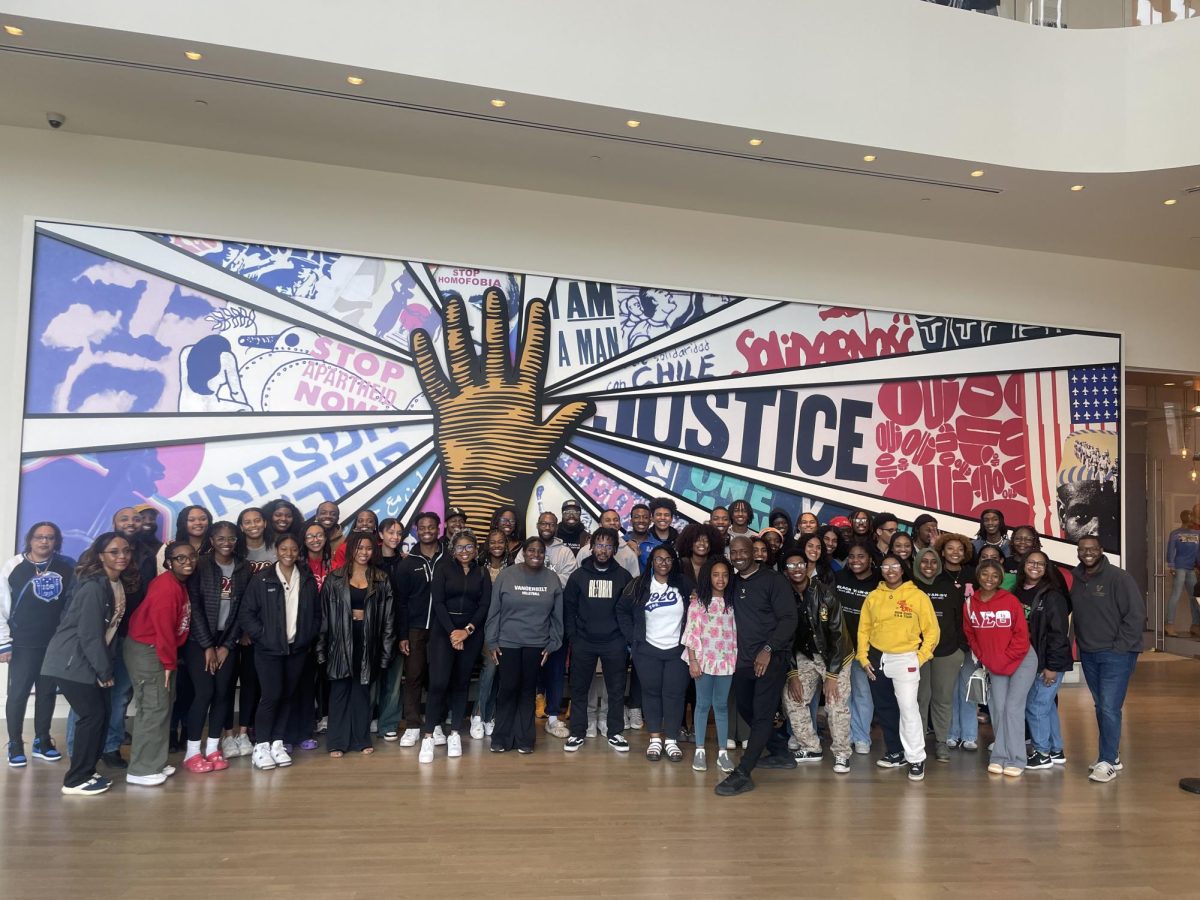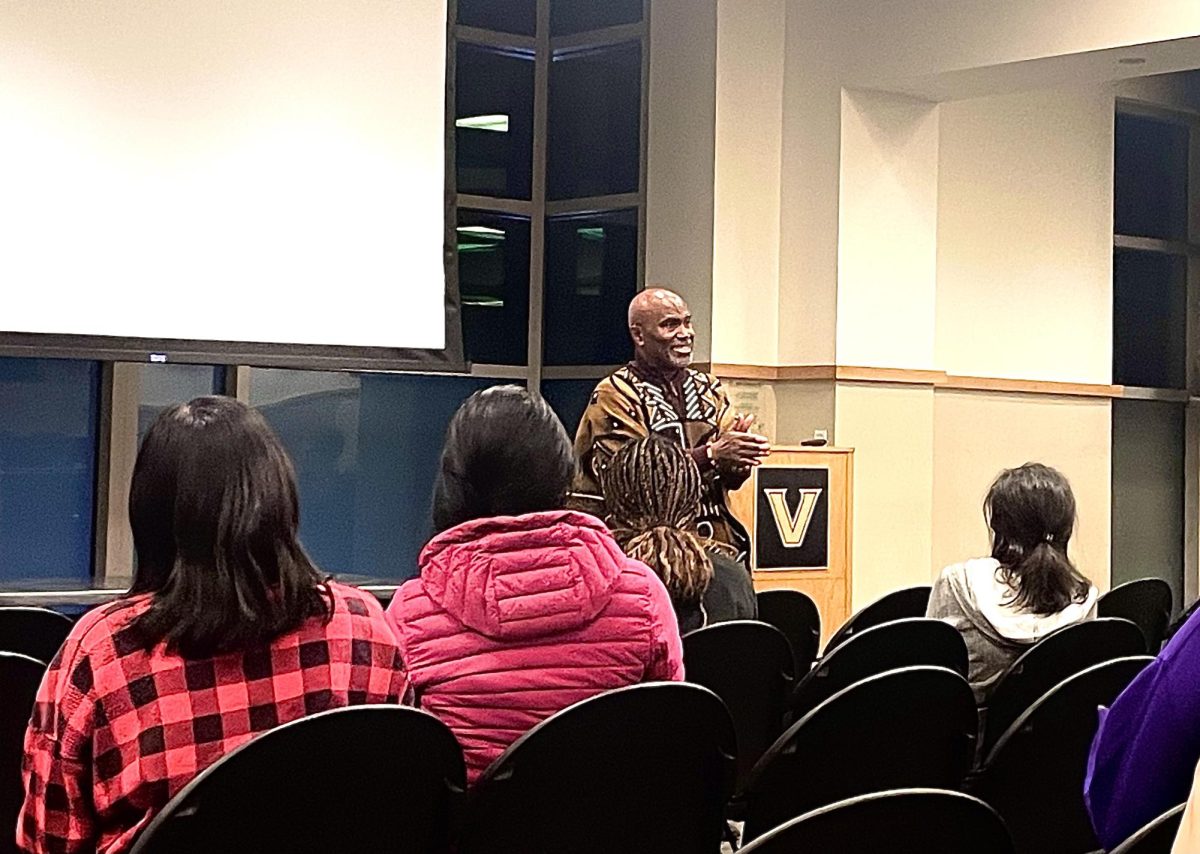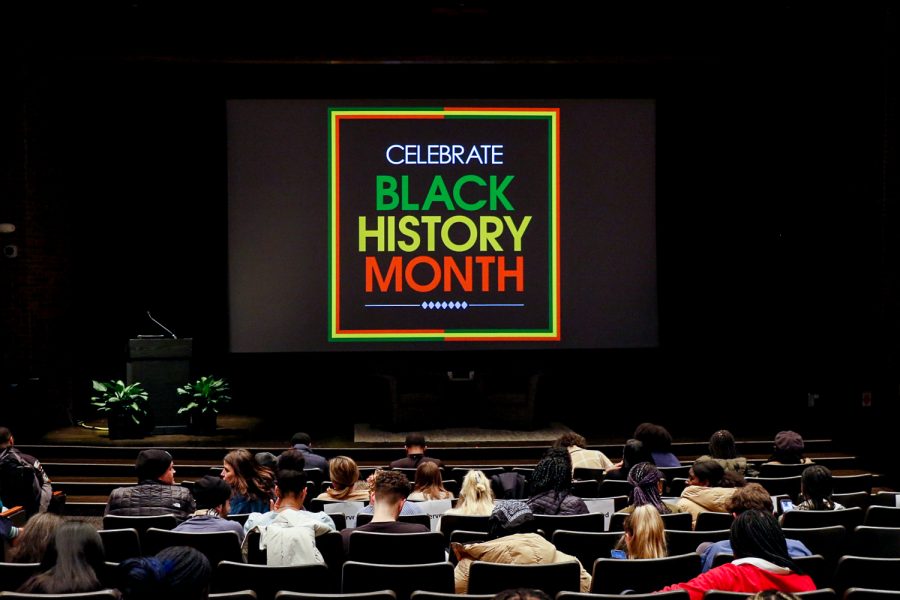As a secondary education major, I know that upon graduation, I will likely be employed at a school where I am one of few Black teachers, if not the only one. I came to Vanderbilt as part of the College of Arts and Sciences, uncertain of whether I could handle the added stress of being a minority in a field that is already draining, underpaid and misunderstood. But, it was my childhood dream job, and I had switched majors by the second semester of my freshman year. However, upon hearing news of a Utah charter school’s decision to allow students to “opt-out” of Black History Month curriculum, I was reminded of why the decision was so taxing for me to make.
Maria Montessori Academy in North Ogden, Utah, is a charter school that came under fire for offering the option for families to opt-out of Black History Month education, as Utah law allows parents to exert control over their children’s curriculum based on “religious beliefs or strongly-held convictions.” The school’s director made the offer “reluctantly” and “with regret” since it goes against his personal beliefs, but good intentions do not absolve him from his wrongdoing. In a month meant to celebrate and honor the bold, often-illegal actions taken by Black people in pursuit of equity, there is no compelling reason why the school’s administration couldn’t have denied parents’ requests to opt out. The loophole law was disregarded when backlash led to the option getting rescinded after one day—so why was it offered in the first place?
I don’t think I need to highlight the irony in the school defending the option as a way for families to “exercise their civil rights.”
What’s worse is that out of the 300 elementary and middle schoolers it serves, Maria Montessori Academy only has three Black students. I have gone through the experience of being the only Black person in the room too many times to count, and it’s not a pleasant one. When you take into account that these students are at an age where they likely won’t have the language to navigate racial prejudices, it is unfair that they have to bear witness to the national attention the school is getting and then be face-to-face with classmates from families that view their race’s contributions to history, culture and society as “optional.” Since there is such a small pool of other students going through the same circumstance, these students cannot find adequate solidarity within their school, and that sort of trauma can lead to them developing a negative relationship with schooling that can follow them for the rest of their lives.
I will say that my experience in Peabody thus far has prioritized equitable teaching, which admittedly may have left me with the naive mindset that the world of education at-large is a progressive, well-intentioned place. From out-of-touch district leaders to loophole-creating laws like the one that enabled this particular incident, much work needs to be done—sooner rather than later. With issues like the school-to-prison pipeline and the decreased retention rates of teachers of color (in a profession where 50 percent of people leave within five years, no less), we can’t afford to wait around for slow, measured adjustments that place white comfort over systemic change. Black students and teachers alike will continue to suffer and be pushed out of academic spheres.
Is this a problem without solutions? Not necessarily. Reframing all subject areas, not just history, through a lens that integrates an honest, multi-faceted look into the experiences of Black, Indigenous and other people of color, as well as other marginalized groups, is a step in the right direction, as is utilizing culturally relevant pedagogy. This can be achieved by young and/or Black teachers, such as myself in a few years. However, the onus needs to be placed on the majority white teachers already within the profession, even though many of them have their own biases of which they are unaware
It’s a tall order, especially when one takes into account the myriad of hats teachers must wear and the added stress of educating during the COVID-19 pandemic. That doesn’t mean it gets to be put on the backburner until the next school decides to quietly sideline Black history. Maybe things will be drastically different by the time I enter the profession, with local, state and federal reforms put in place to prevent a situation like the one in Utah from reoccurring and to continue progress towards educational equity. Maybe they won’t. But starting with sufficient Black history education is the least that can be done, and it cannot be made into an option for white students.















